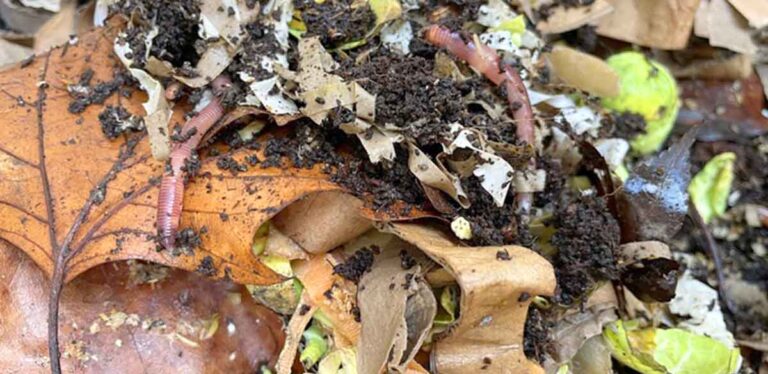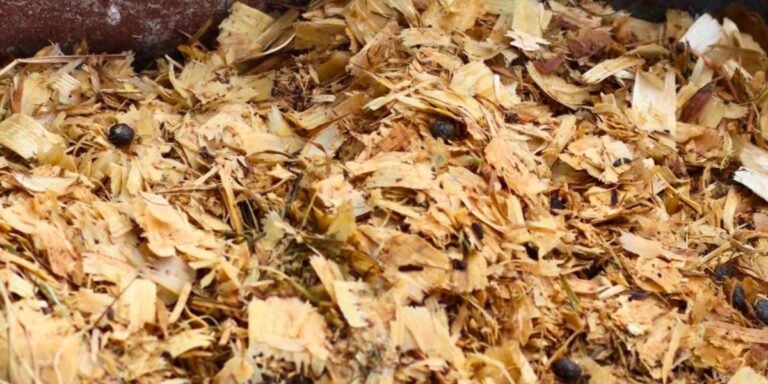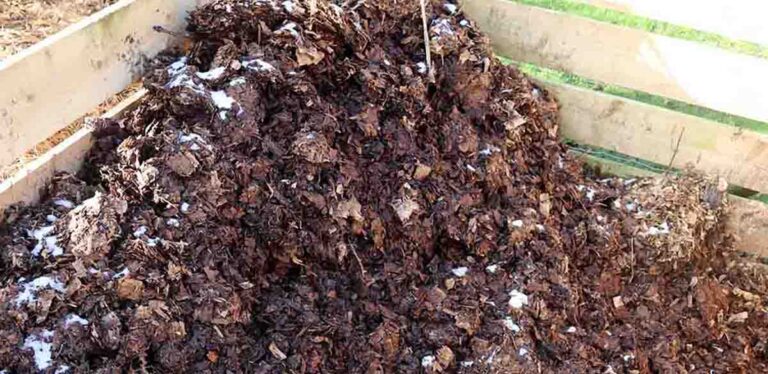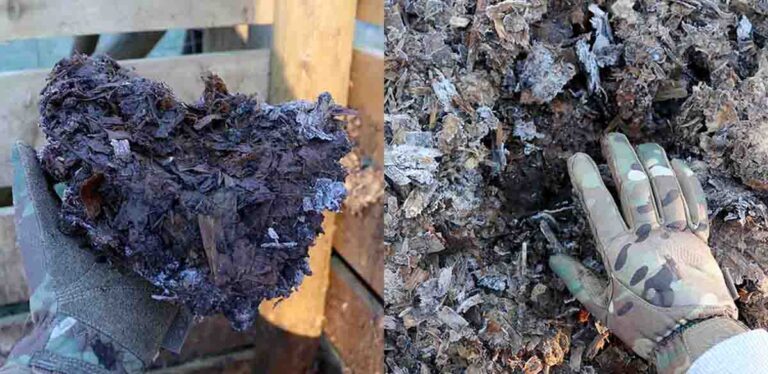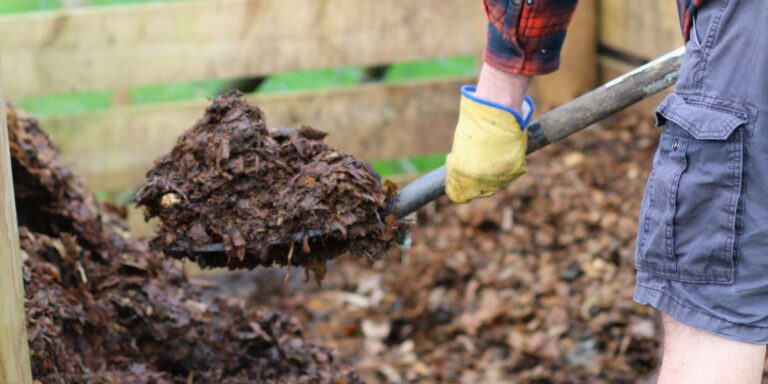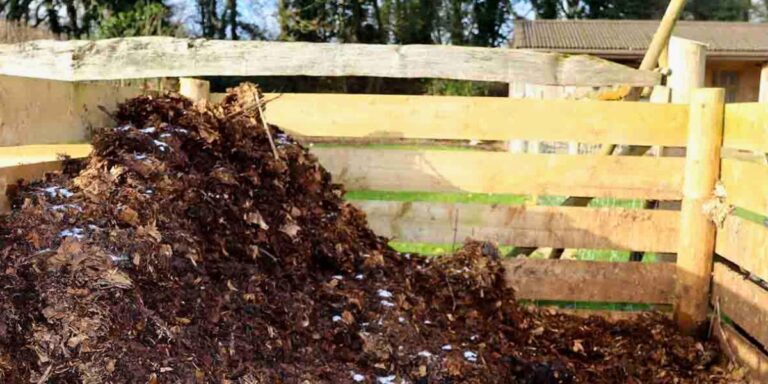Benefits of Making Your Own Compost
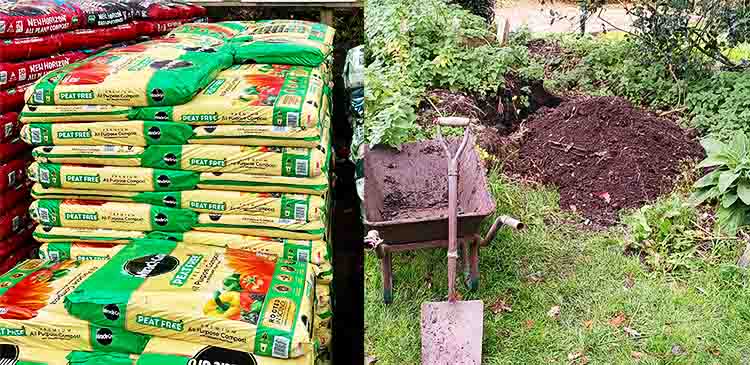
The benefits of making your own compost aren’t limited to bigger, stronger, healthier plants. Homemade compost is cheaper, and producing it is more gentle on the planet. It also reduces the strain on landfill sites and local government waste disposal. And recently, gardeners have started turning to DIY compost in order to avoid plant-damaging or unwanted contaminants in bagged compost. Here are all the ways that you – and not just your plants – stand to gain by making compost at home.
Making your own compost:
- Saves money
- Takes the pressure off peat
- Reduces your carbon foot print
- Reduces methane emissions
- Minimizes microplastic contamination
- Avoids herbicide contamination
- Avoids unwanted surprise chemicals
- Is good for the soul
Benefits of making your own compost
The benefits of using homemade compost in the garden are pretty well known. Homemade compost…
- …is full of nutrients and minerals to support healthy plant growth,
- …improves soil structure, to better achieve a favorable balance of moisture-retaining, and well-draining,
- …helps break up heavy, clay soils, and prevents erosion of light, sandy soils,
- …can be used as mulch to suppress weeds and conserve moisture in summer,
- …and attracts earthworms, which aerate the soil and improve drainage.
The chances are, you’re already aware of all these. But the benefits of making your own compost extend much further – to your purse, your well being, and the well being of the planet too! Even without a big yard, you can enjoy some of those benefits through small space composting, or even a little self-contained worm composter.
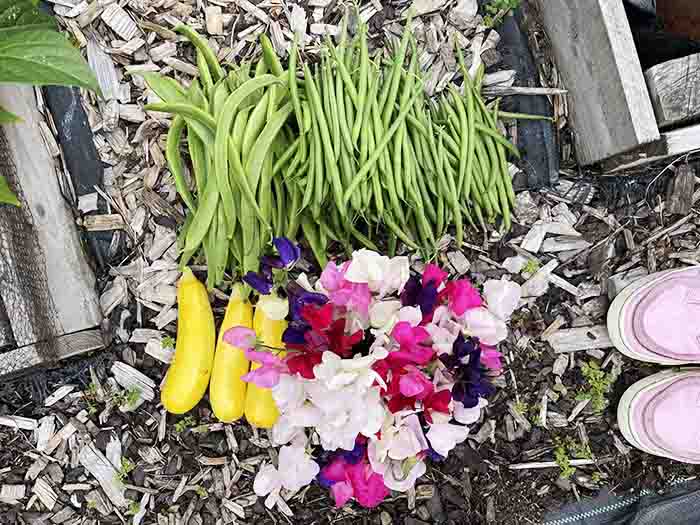
Here’s everything you could be achieving by composting at home:
Saving money
It stands to reason that reusing kitchen and garden waste you already have to make compost is going to cost less than throwing it away and buying bagged compost instead. Making your own compost saves money on:
- The cost of buying bagged compost at a store or garden center.
- Gas to drive it home, or delivery charges for having it brought to you.
- The cost of chemical fertilizers and soil improvers.
- Garden waste collection services, if you have to pay for them in your area.
- Trash bags!
If you need to buy a composting container, then it’s fair to say that your savings need to be offset against that start up cost. But as Pippa explains here, you can make compost without a container. LINK
Taking the pressure off peat
Peat is the decomposed remains of plants and animals that lived thousands of years ago. It’s dug up from specific geographical regions called peatlands or peat bogs. Historically it has been an important ingredient in bagged commercial composts because it is disease free, nutrient rich, and has the perfect spongy texture for roots to grow through. But since it takes thousands of years for peat to form, it is not renewable. And digging it up is releasing huge volumes of carbon dioxide into the atmosphere, which is contributing to climate change. In response to this some countries, like the UK, are putting restrictions on peat use. North America still uses 1,700,000 tons of peat a year, but making your own compost is one way that you can take the pressure off peat bogs and fuel your garden in a more sustainable way.
Reducing your carbon footprint
Making your own compost doesn’t just reduce your carbon footprint by protecting peatlands, You’re also opting out of the carbon dioxide emissions produced by processing bagged compost, making the plastic bags to package it in, and transporting it to stores and garden centers. What’s more, you’re reducing the carbon footprint that results from disposing of kitchen waste in your regular trash.
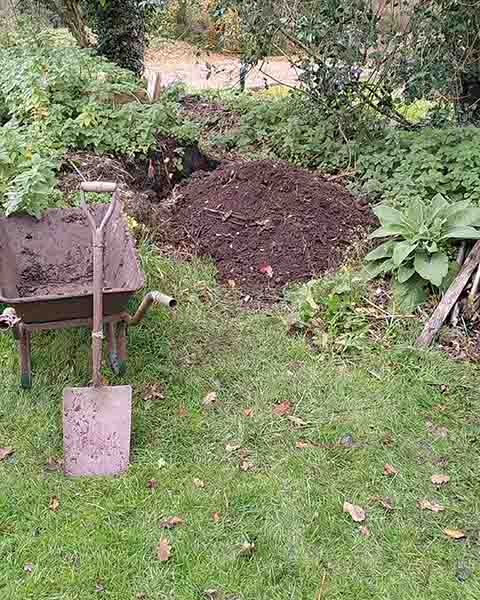
Reducing methane emissions
It’s tempting to think that food waste put out with the household trash turns into compost eventually anyway. Because isn’t that just what dead organic matter does? Well, not when you chuck it out in a plastic bag! Most food waste in landfill sites is sealed in trash bags, meaning there isn’t enough air inside for aerobic composting bacteria to decompose it. Instead, anaerobic bacteria flourish, and guzzle through the food, releasing methane as they go.
Methane is a greenhouse gas, around 30 times more efficient at trapping heat in the atmosphere than carbon dioxide. And methane from food waste in landfill is making a significant contribution to global warming. In fact, across the world, greenhouse gas emissions from wasted food are four times greater than greenhouse gas emissions from the airline industry! Changing that is going to require big changes in food production and how food manufacturers deal with waste. But we can all play an individual part too, by throwing out less, and composting more.
Minimizing microplastic contamination
Hardly any of us were thinking about microplastics in 2010, but they have been one of the buzzwords of the past decade. Microplastics are tiny fragments produced by larger plastic items breaking down. They are so small, and so easily moved around by wind and water, that they are almost unavoidable anywhere on Earth now. Unfortunately we know that they can also be damaging – for example microplastics can reduce soil quality by harming the microbes and invertebrates living in it.
Microplastics are shed by actions as small as tearing open a plastic bag. Bagged compost which is stored for long periods can acquire sill more microplastic particles as the bag degrades. So making your own compost is one small choice you can make to reduce the quantity of microplastics in your garden – even if it’s unlikely we’ll ever be free of them completely.
Avoiding herbicide contamination
A couple of years ago, a gardener I follow on YouTube reported that the tomato seedlings they had grown in seed compost from the garden center were showing signs of aminopyralid poisoning. ‘Weird’ I thought, then forgot all about it. Until another gardener I follow reported the same, and then a third.
Aminopyralids are weed killers used in commercial farming. But, they also damage or kill tomato plants, potatoes, and beans. Unfortunately they’re very stable and immune to change from being eaten and digested. So there’s a growing problem with aminopyralids being sprayed onto crops that are used for cattle feed ending up in their manure, and ultimately in bagged composts. Making your own compost gives you tighter control over what goes into it, and makes it easier to exclude herbicides.
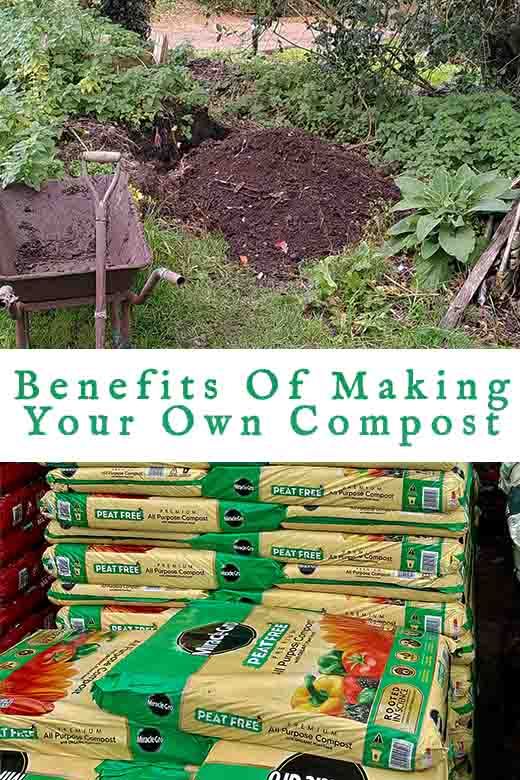
Avoiding unwanted surprise chemicals
Aminopyralids are a specific example of an unwanted chemical in your commercial compost. But there’s also growing concern about how other long-lasting chemicals from household sewage, landfills, and manufacturing can find their way into bagged composts. Some of these chemicals are potentially dangerous or toxic, and some environmental organizations are concerned that there’s insufficient monitoring of the extent to which they end up in bagged compost, soil improvers and fertilizers sold for domestic use.
Personal benefits of making your own compost
Finally, lots of gardeners – myself included – believe that making our own compost brings us closer to our garden. Turning garden and kitchen waste back into next year’s growing medium completes the cycle of growth and decay that sustains all living things. It’s very satisfying and rewarding to achieve the whole cycle in your own garden. And it can be physically good for your too – digging over a 3′ x 3′ pile is a real work out!
I’d like to think my epitaph will read, “She composted well.” I take it very seriously. I see a direct correlation between compost and quality of life.
Alys Fowler, British horticulturist and journalist
Moreover, learning to compost is a skill. It doesn’t happen just because you dumped everything in a heap. It requires some learning, a bit of knowledge, trial and error, and the accumulation of experience to get reliably good at it. And gaining new skills through effort and application is great for our self esteem.
Summary
Obviously, there’s lots to say about how homemade compost can be used in your garden to benefit your soil and plants. But the advantages of DIY compost don’t start or end there! It’s also beneficial to your bank balance, the wider environment, and your well being. Producing some of your own compost – even just a little in a tumbler or wormery – can help you to feel more connected to your garden. So give it a go! Let us know how you’re going to get started in the comments box down below.

